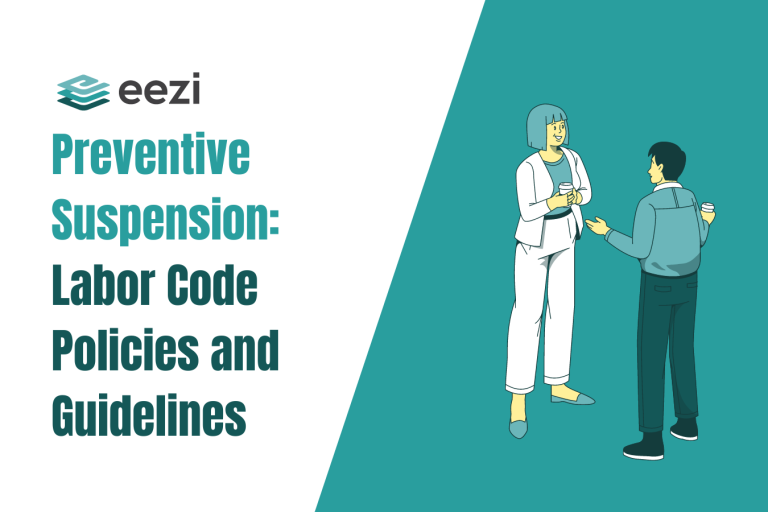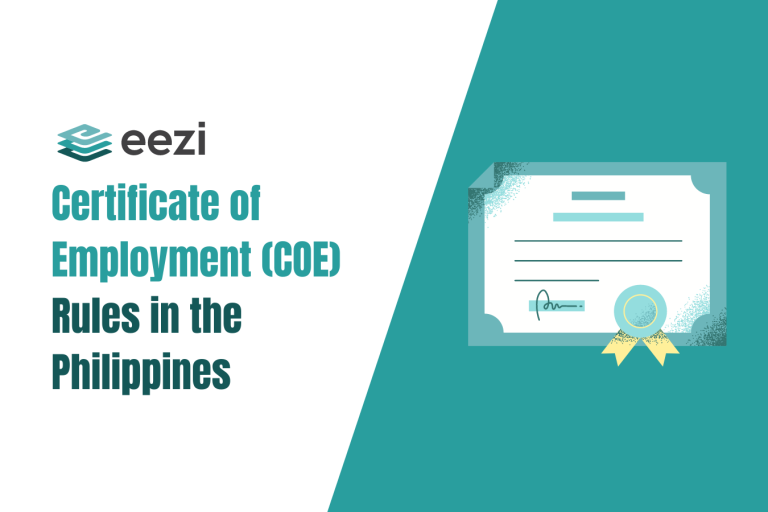
The Significance of an Existing Collective Bargaining Agreement (Philippines)
What is a collective bargaining agreement?
A Collective Bargaining Agreement (CBA) is a formal written contract between an employer or group of employers and a labor union or employee association. In the Philippines, private sector employees may negotiate for a CBA. In some cases, this may also apply to public sector employees.
The arising collective agreement outlines the terms and conditions of employment for the covered workforce. Moreover, it shapes the work environment, protects employee rights and benefits, and fosters harmonious industrial relations.
What is the common coverage of a CBA?
Collective bargaining agreements (CBAs) cover various aspects of the workplace, including:
- Stability and Predictability: CBAs provide stability and predictability for employees regarding their rights, compensation, and working conditions.
- Labor Relations: They foster positive labor relations by creating a structured platform for negotiations and interactions between employees and management.
- Dispute Resolution: CBAs outline grievance procedures for resolving disputes, reducing the likelihood of prolonged conflicts and legal battles.
- Employee Welfare: These agreements safeguard employee welfare by ensuring fair wages, benefits, and working conditions.
- Competitive Advantage: For employers, CBAs can be a competitive advantage. This helps in attracting and retaining talent and maintaining a stable and productive workforce.
- Legal Obligations: Both parties are legally bound to adhere to the terms of the CBA. This provides a strong framework for compliance and accountability.
Understanding the Collective Bargaining Agreement
A Collective Bargaining Agreement (CBA) in the Philippines is a legally binding contract that a labor union or employee association and an employer or group of employers negotiate.
This agreement outlines the terms and conditions of employment for the covered employees. As such, it plays a vital role in maintaining industrial peace and harmonious labor relations in the country.
So long as the the employees support the trade union, the union representatives can continue the productivity bargaining.
Key Elements of a Collective Bargaining Agreement
- Scope of Representation: A CBA defines the specific groups of employees it covers, including their job classifications and categories. This also includes the party desires, rights, and responsibilities of the labor organization concerned.
- Wages and Benefits: Such agreements typically address matters such as wage rates, wage increases, bonuses, and other monetary compensation. It also outlines the employee benefits, including healthcare, retirement plans, and other allowances.
- Working Hours and Conditions: CBAs establish guidelines regarding regular working hours, overtime, and rest periods. It may also include provisions related to workplace safety, health standards, and leave entitlements.
- Grievance Procedures: Such agreement provides a framework for resolving disputes and grievances. It outlines the steps to take in case of conflicts between employees and management. Such is to ensure a fair and transparent process and to settle disputes amicably.
- Union Security: A CBA is a contract incorporating clauses related to union membership and dues. It outlines the conditions under which employees are required to join the union or pay union dues.
- Duration: Typically, the CBA shall specify its duration, which is typically for a fixed period. After such a period, renegotiations can open again.
Methods for Determining the Exclusive Bargaining Agent
Determining the sole and exclusive bargaining agent (SEBA) is a critical aspect of forging relations among employers and labor union members. There are several ways to determine who will be the incumbent bargaining agent:
- Certification Election: Employees vote to select their collective bargaining representative through a certification election. The petition for certification election is a democratic method but can be time-consuming.
- Card Check Recognition: The union becomes SEBA if it has majority support via signed authorization cards. This method is quicker but may face allegations of coercion and tampering.
- Voluntary Recognition: Employers can voluntarily recognize a union if there’s clear majority support. It’s quick, but it depends on the employer’s willingness.
- Statutory Determination: Different countries have varying laws specifying criteria for determining the sole and exclusive bargaining representative, which can draw up a legal framework but may lack flexibility.
- Arbitration: Neutral third parties make binding decisions in cases of dispute. It’s efficient but may not reflect the desires of the majority of employees.
- Historical Recognition: A long-standing respondent union may gain the status of an appropriate collective bargaining unit based on their history, tenure, and experience.
The choice of method depends on legal requirements, labor relations culture, economic provision, mutual obligation, and other specific circumstances.
Ultimately, the goal is to ensure that employees have representation while maintaining fairness and transparency in the process while forwarding the collective bargaining agreement entered. Balancing these objectives is vital for harmonious labor relations and mutual benefit.
Labor Code Compliance and Preserving Workplace Stability
The Labor Code of the Philippines provides the legal framework for regulating labor relations and employment practices. It emphasizes the importance of collective bargaining agreements (CBAs) in maintaining workplace stability.
CBAs are negotiated between labor unions or employee associations and employers to establish fair employment terms and conditions, including wages and benefits.
Under the Labor Code, parties must uphold the existing CBA’s terms until a new agreement is reached, promoting stability and preventing unilateral changes.
This encourages constructive dialogue between employers and employees, ensuring a harmonious working environment. Compliance with the Labor Code’s provisions is essential for preserving workplace stability and fostering positive labor relations.
FAQs
What is the collective bargaining process?
Collective bargaining happens when trade unions and employers exchange proposals to solve workplace problems and reach a written agreement. This process of bargaining for new collective agreements usually happens when the previous contract is about to expire.
Under Philippine law, the right to collective bargaining and self-organization is guaranteed by Republic Act No. 875. This is further has been further amended by Presidential Decree No. 442.
In the United States, the National Labor Relations Act secures private-sector workers’ bargaining rights. Moreover, this also established the National Labor Relations Board (NLRB)
What happens after a CBA expires?
In the Philippines, when a five-year CBA is about to expire, there is a crucial sixty-day period called the “freedom period.”
During this time, both employers and labor unions have the option to serve a notice for terminating or amending the existing CBA.
This period allows parties to prepare for negotiations, assess their positions, and discuss potential changes to the agreement. It is a critical phase that sets the stage for balanced and constructive negotiations.
What is the role of a legitimate labor organization?
A legitimate labor organization is a recognized and registered entity that represents the interests of workers in various labor-related matters, including collective bargaining and negotiations with employers.
It ensures that labor representation is structured, organized, and adheres to legal requirements, promoting stability and accountability in labor relations.
What is a voluntary arbitrator?
A voluntary arbitrator is an impartial mediator appointed jointly by employers and employees to resolve labor disputes.
These individuals are usually recognized for their integrity and expertise in specific fields or industries. The selection of a voluntary arbitrator is crucial for ensuring a fair and unbiased resolution of labor disputes.
Empower your business and workers with eezi
Empower your small business in the Philippines with eezi’s customizable HR and payroll system. Upgrade now for enterprise-level features tailored to your needs!



